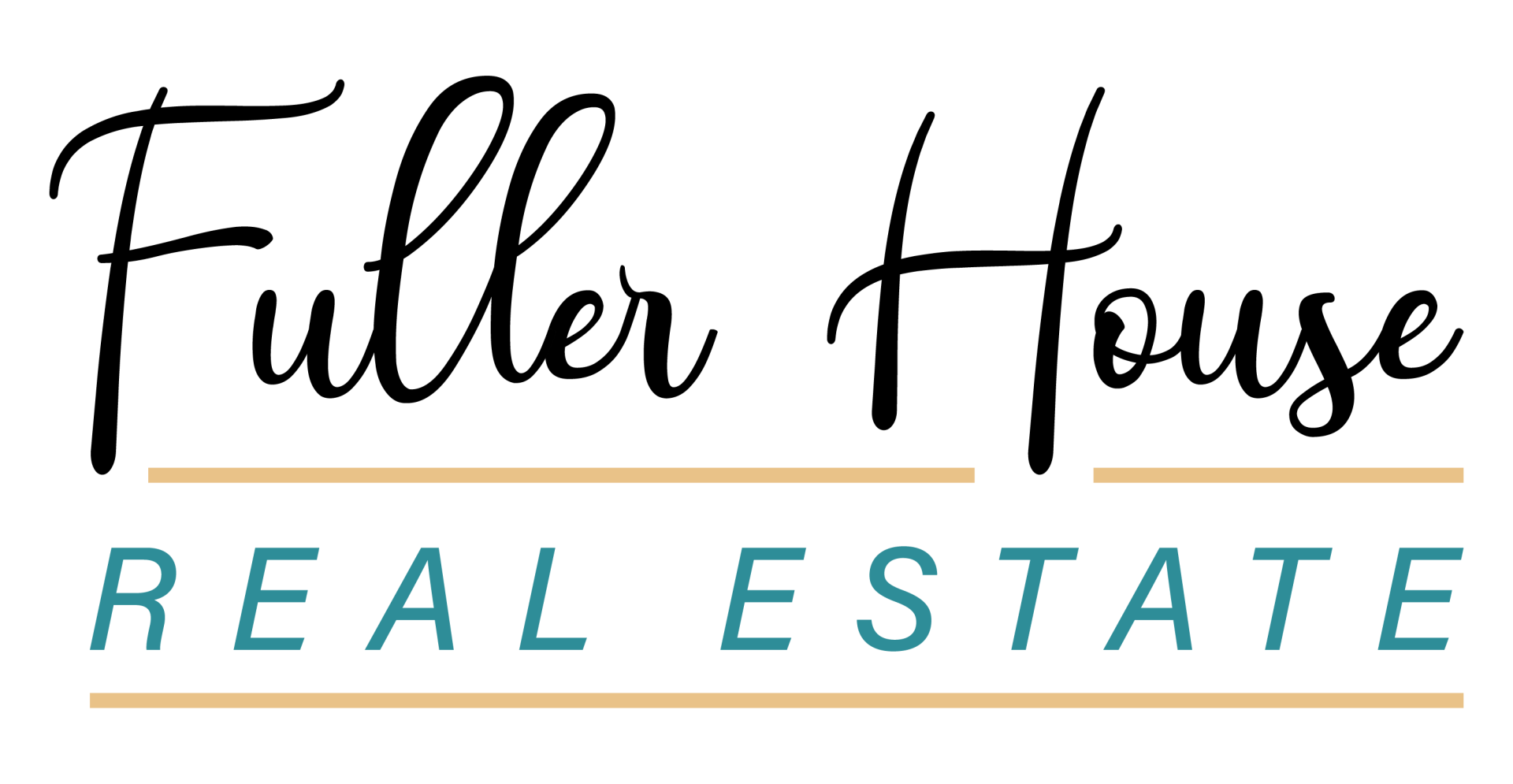The Secret to Tax-Deferred Real Estate Investing: The 1031 Exchange
Understanding 1031 Exchanges: What You Need to Know
If you're a real estate investor who is unfamiliar with the 1031 exchange, you are missing out on a valuable tax deferral strategy. By not utilizing this exchange, you could be paying unnecessary taxes and giving away too much money to the government. The benefits of a 1031 exchange are significant for you, allowing you to reinvest your profits into new properties without paying immediate taxes on the sale of your old property. Without understanding the value of a 1031 exchange, you may be limiting your potential for growth and leaving significant amounts of money on the table.
The 1031 tax-deferral strategy allows you to sell a property and reinvest the proceeds into a new property, without paying taxes on the gains realized from the sale of the original property. In this post, we'll discuss what a 1031 exchange is, what a 1031 qualified intermediary is, when to use a 1031 exchange, and the pros and cons of using a 1031 exchange.
What is a 1031 Exchange?
A 1031 exchange, also known as a like-kind exchange, is a tax-deferral strategy that allows you to sell an investment property and reinvest the proceeds into a new investment property, without paying taxes on the gains realized from the sale of the original property. To qualify for a 1031 exchange, the replacement property must be of like-kind to the original property, and the transaction must be handled through a qualified intermediary.
What is a Qualified Intermediary for a 1031 Exchange?
A qualified intermediary (QI) is an independent third party who is hired to facilitate a 1031 exchange. The QI's role is to hold the proceeds from the sale of the original property, and then use those proceeds to acquire the replacement property on behalf of the taxpayer. The QI is responsible for ensuring that the exchange complies with the rules and regulations of the Internal Revenue Service (IRS).
When to Use a 1031 Exchange?
A 1031 exchange can be a useful tax-deferral strategy for real estate investors who are looking to sell a property and reinvest the proceeds into a new property. This strategy can allow investors to defer paying taxes on the gains realized from the sale of the original property, which can be a significant benefit for individuals or businesses looking to reinvest their money into another property.
Additionally, a 1031 exchange can be a useful strategy for portfolio diversification and growth, as it allows investors to sell a property that no longer meets their investment needs and acquire a new property that better aligns with their investment goals.
Pros and Cons of Using a 1031 Exchange
Pros:
- Tax Deferral: The primary benefit of a 1031 exchange is the ability to defer paying taxes on the gain realized from the sale of the original property.
- Portfolio Diversification: A 1031 exchange can allow an individual or business to acquire a new property that better aligns with their investment goals.
- Increased Cash Flow: A 1031 exchange can allow an individual or business to acquire a property that has the potential to generate higher income.
- Estate Planning: A 1031 exchange can be a useful strategy for estate planning, as it allows an individual to transfer their investment property to their heirs with a stepped-up basis.
- Flexibility: The rules and requirements of a 1031 exchange offer flexibility in terms of the timing and identification of replacement properties.
Cons:
- Failure to Identify or Acquire Replacement Property: One of the key risks of a 1031 exchange is the risk of failing to identify or acquire a replacement property within the required time frames, which can result in the exchange being invalid.
- Non-Like-Kind Property: To qualify for a 1031 exchange, the replacement property must be of "like-kind" to the original property.
- Cash Boot: If the taxpayer receives cash as part of the exchange, any cash boot received by the taxpayer will be subject to taxes, even if the exchange itself is valid.
- Fraudulent or Dishonest Intermediaries: If the taxpayer works with a dishonest or fraudulent qualified intermediary, the funds from the sale of the original property
A 1031 exchange can be a useful tax-deferral strategy for real estate investors who are looking to sell a property and reinvest the proceeds into a new property. By working with a qualified intermediary, investors can ensure that the exchange complies with IRS regulations and can take advantage of the many benefits that a 1031 exchange offers.
If you have questions about 1031 exchanges or are looking to invest in real estate in the Tampa Bay area, Pinellas County, and Pasco County, contact Fuller House Real Estate today. With a team of experienced real estate professionals, Fuller House Real Estate can provide you with the guidance and support you need to make informed decisions about your real estate investments. Visit https://www.fullerhousere.com/ or call 727-470-9373 to get started today.
KerryAnn's Current Real Estate Discussions


Contact Information
Get Insider Tips on Real Estate: Sign Up for Fuller House RE Advice Email
Email Subscribe
We will get back to you as soon as possible.
Please try again later.
Quick Navigation Links
© Copyright 2022 | All Rights Reserved | Fuller House Real Estate

